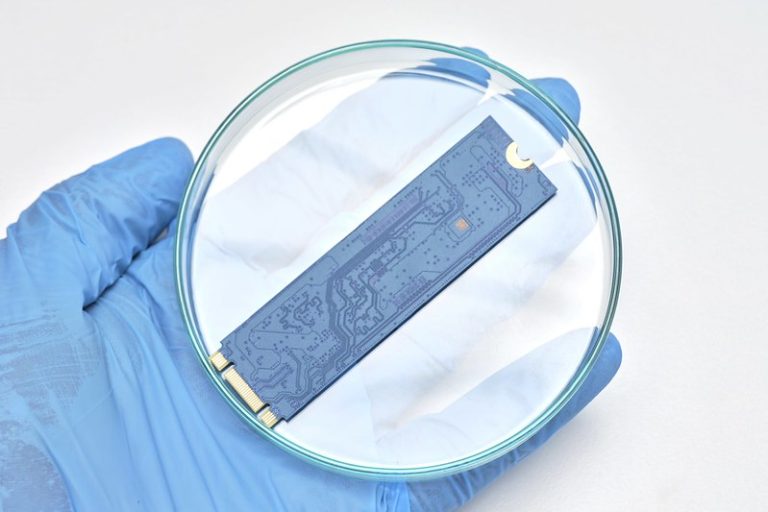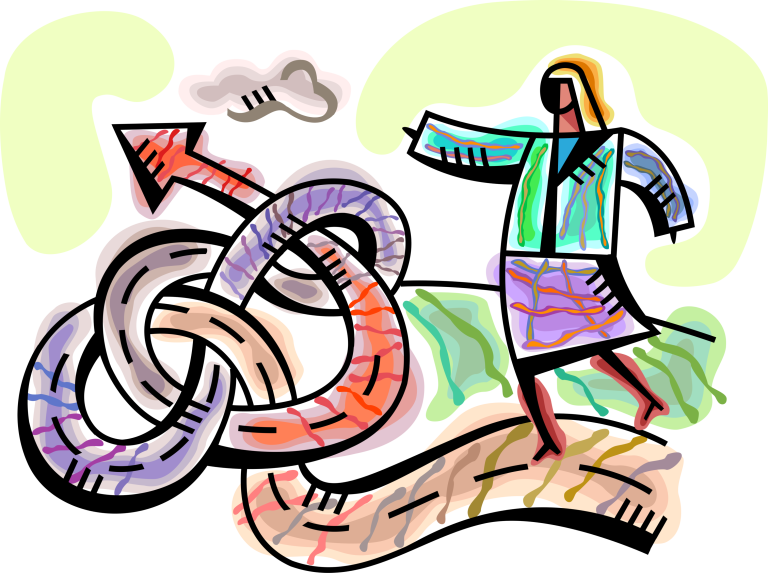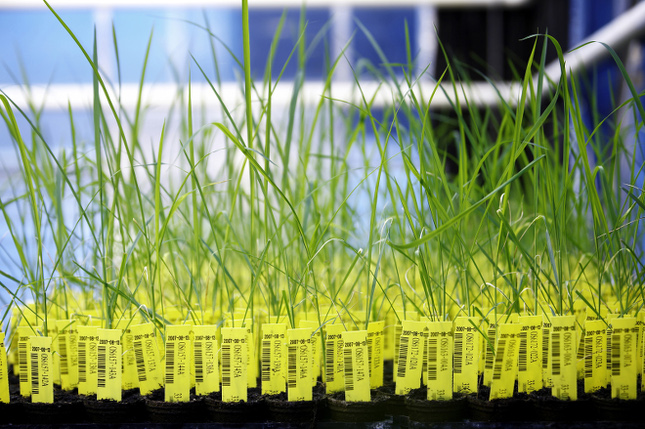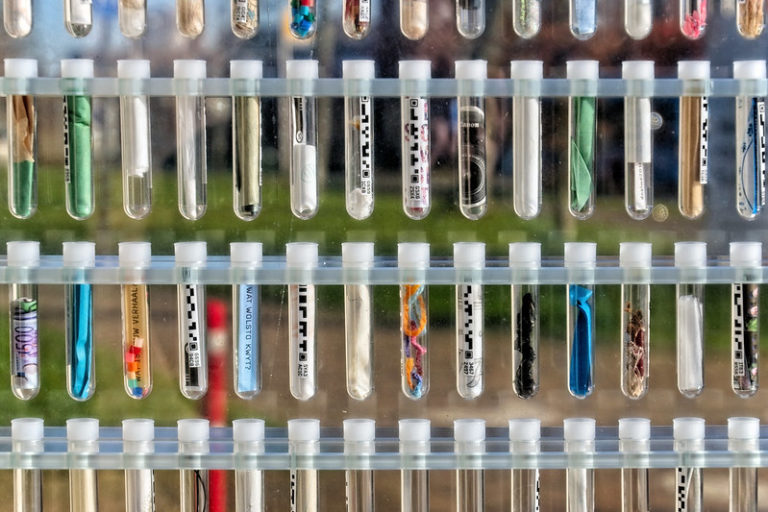News
The European Union discusses its definition of a GMO
At the end of 2024, the Netherlands initiated a process of reflection on the meaning to be given to the legal definition of a GMO, discussing the definition word by word, expression by expression. A purely intellectual exercise? Far from it! The result of this work could change the way the definition of a GMO is read… without changing the definition itself. The expected outcome of these reflections is, of course, a lighter regulatory framework.
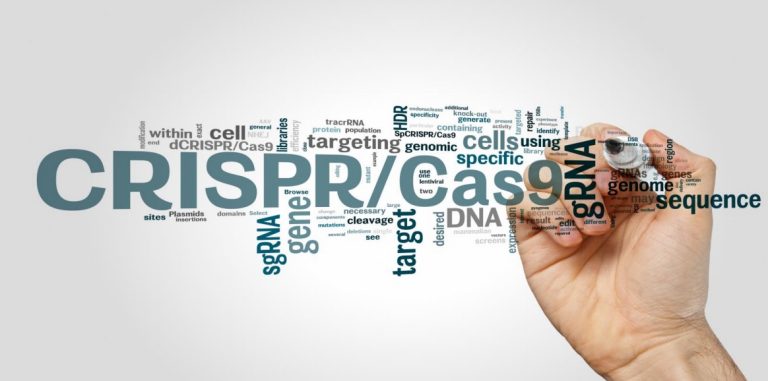
There are many fronts against the current European regulation of GMOs. In July 2023, the European Commission proposed the deregulation of a large number of GMOs. In 2025, it could propose a “biotechnology law” aimed at simplifying existing regulatory frameworksi. But these projects are not the only dynamics underway. While Inf’OGM has already listed the various legislative projects launched by the European Commission since 2023ii, a new, more unexpected subject was put on the table by the European Union on December 11, 2024.
Semantics as a political issue
In December 2024, a meeting of the Regulatory Committee of Directive 2001/18 was held in Brussels, bringing together representatives from EU member statesiii. On this occasion, the Netherlands presented a study on the interpretations given by each State to the current definition of a GMO, including a GM micro-organism (GMM). The definitions are set out in two European legislative texts: Directive 2001/18 and Directive 2009/41.
Directive 2001/18 defines an organism as “any biological entity capable of replication or of transferring genetic material”. Hence, a GMO is “an organism, with the exception of human beings, in which the genetic material has been altered in a way that does not occur naturally by mating and/or natural recombination”.
With regard to GMMs, Directive 2009/41 defines a micro-organism as “any microbiological entity, cellular or non-cellular, capable of replication or of transferring genetic material, including viruses, viroids, and animal and plant cells in culture”. A GMM is defined as “a micro-organism in which the genetic material has been altered in a way that does not occur naturally by mating and/or natural recombination”.
On its own initiative, the Dutch government commissioned a private service provider, Perseus, to produce a report on member states’ interpretation of this definition. The results of this study were presented to the member states on December 11, 2024, and published online on January 20, 2025iv. According to the summary of December 11, 2024, Perseus identified “certain challenges linked in particular with new scientific and technical developments”. On this basis, the Netherlands considers that discussions should be initiated at European level. The aim of these discussions would be “to exchange views and align approaches in the application of the GMO definition”. The same meeting minutes indicate that this Dutch proposal has received the support of “certain member states”, without specifying which ones. If necessary, the regulatory committee for Directive 2001/18 will be the forum for these discussions, according to the European Commission.
Word by word, phrase by phrase
To carry out its study, Perseus received contributions from 17 member states, who responded on their interpretation of the definitions of GMO and GMM. These member states are: Belgium, Bulgaria, Croatia, Czech Republic, Denmark, Estonia, France, Germany, Greece, Ireland, Lithuania, Luxembourg, Latvia, Romania, Slovenia, Spain and Sweden. Without going into an analytical commentary, Inf’OGM reports here on the responses received to a number of terms in the two definitions.
The term “genetic material”, present in both definitions, obviously concerns DNA and RNA, but “could also concern other molecules [editor’s note: without specifying which], even synthetic ones”. An important potential inclusion, notably in the field of vaccines or plant treatment, “the injection of small interfering RNAs or messenger RNAs” into the body of a host (human or not) might not be considered as a transfer of genetic material, thus not resulting in a GMO.
The expression “has been modified” is subject to two different interpretations, with fairly clear issues at stake. For some respondents, it implies that all the offspring of a GMO are also GMOs. But others considered, conversely, that the offspring could be considered non-GMO.
An important phrase in both definitions is “in a way that does not occur naturally”. Perseus reports having observed two different readings of this expression. The first is that it refers to “the technique which is different from a natural way of mating and/or natural recombination”. The second states that the genetic modification obtained could not be obtained naturally or by recombination. Both readings are considered possible by the responding states.
Can human beings be GMOs?
It would not be wrong to assert that, since 2001, human beings cannot legally be considered as GMOs, as the definition seems quite clear on this point. From this would follow the understanding that human beings cannot be the subject of genetic modification. But the responses received on this point are surprising, to say the least. The report states that several states have replied that human cells and tissues can be considered GMOs if genetically modified. One of the explanations given is that human cells, like human tissues, are not “human beings” in the strict sense of the term.
Concrete cases were also presented to member states, involving various genetically modified bacteria or viruses. As these are micro-organisms, Inf’OGM will go into more detail on these cases in a future article. Work on the semantic interpretation of these definitions – GMOs and micro-organisms – could therefore begin later this year. The results of this work could be decisive, since they concern current legislation on GMOs and the proposed deregulation currently under discussion. With a view to a possible new interpretation to feed the current political will to lighten the regulatory framework for biotechnologies.
i Denis Meshaka, « The European Commission wants its “biotech revolution” », Inf’OGM, 19 February 2025.
ii Eric Meunier, « The European Commission’s legal initiatives on the Living », Inf’OGM, 13 November 2024.
iii European Commission, DG Sante, « Regulatory Committee 2001/18/EC », 11 December 2024.
iv Government of the Netherlands, « Interpretation of the GMO definition in EU Member States », 20 January 2025.






